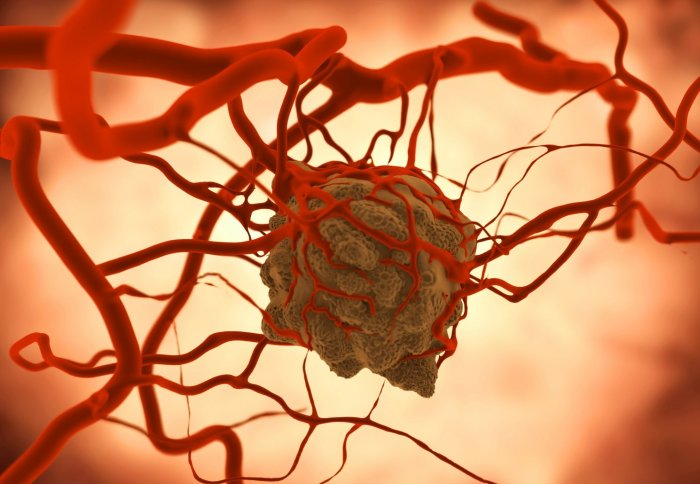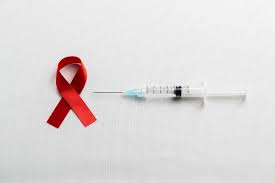Scientists discover cause for spread of cancer
Wed 31 May 2017, 18:19:12

As the world observes World No Tobacco day, the fight against the consumption of tobacco products and the disease that it can lead to, cancer, has never been tougher. With the deadly disease for which no medication to cure it has been found continues to affect people, of all ages and all regions of the world, many families have to witness their loved one's battle the disease, the medical treatment for which can cause as much pain as the disease itself.
But in what can be seen as a ray of hope, scientists seem to have found the cause for the spread of cancer in a patient's body, which could, in turn, lead to finding a way to slow it down. This is hugely important as except for a tenth of the total deaths caused by cancer, all others are due to the cancerous cells breaking off from the point of their origin and spreading to different areas of the body. And till date, there exist no drugs which could stop this spread, which is also known as metastasis of cancer.
The international team led by scientists from the world renowned Johns Hopkins University found that when such cells get densely packed they secrete a couple of proteins which signals cells to travel away from them. And this is what causes the cancerous cells to move away from the densely packed area of origin and float through the bloodstream or lymphatic system to other areas of the body and start growing afresh.
The new development has been disclosed in a study published in Nature Communications. And according to its lead author, Hasini Jayatilaka, 'It's like waiting for a table in a severely overcrowded restaurant and then getting a message that says you need to take your appetite elsewhere.' She is reported to have added, 'We found it was not the overall size of a primary tumor that caused cancer cells to spread, but how tightly those cells are jammed
together when they break away from the tumor.'
together when they break away from the tumor.'
She, along with her team have also found a mixture of medications that stopped such a message from being delivered. But the team have also cautioned that the treatment was only tested in animal models, and not on human cancer patients. Yet they have added that the discovery contributes to a promising new focus for cancer research as it has found what disrupts the biochemical activity that prods cancer cells to spread through the body.
Denis Wirtz, one of the senior authors of the study and the director of its Physical Sciences-Oncology Center, said that drug companies are not producing commercial drugs specifically to inhibit metastasis because they believe the best way to stop cancer from spreading is to destroy the primary tumor from which it originates.
He is reported to have said, 'The pharmaceutical companies view metastasis as a by-product of tumor growth.' He reportedly added, 'Our study looked more closely at the steps that actually initiate metastasis. This treatment has the potential to inhibit metastasis and thus improve cancer patient outcomes.'
Tocilizumab and Reparaxin, are the two drugs that the team has found which prevent cancerous cells from getting the signal to travel to other areas. While Tocilizumab is a medication for treating rheumatoid arthritis and is currently also being used in trials for use in ovarian cancer cases, and Reparaxin is being tested as a possible treatment for breast cancer.
Jayatilaka reportedly said, 'In our eight-week experiment, when we used these two drugs together, the growth of the primary tumor itself was not stopped, but the spread of the cancer cells was significantly decreased.' She added, 'We discovered a new signalling pathway that, when blocked, could potentially curb cancer's ability to metastasize.'
No Comments For This Post, Be first to write a Comment.
Most viewed from Health
AIMIM News
Delhi Assembly polls: Owaisi leads Padyatra in Okhla
Feb 01, 2025
We reject this Waqf Amendment Bill: Asaduddin Owaisi
Jan 30, 2025
Latest Urdu News
Most Viewed
May 26, 2020
Which team will win the ICC Men's Champions Trophy 2025 held in Pakistan/Dubai?
Latest Videos View All
Like Us
Home
About Us
Advertise With Us
All Polls
Epaper Archives
Privacy Policy
Contact Us
Download Etemaad App
© 2025 Etemaad Daily News, All Rights Reserved.






























